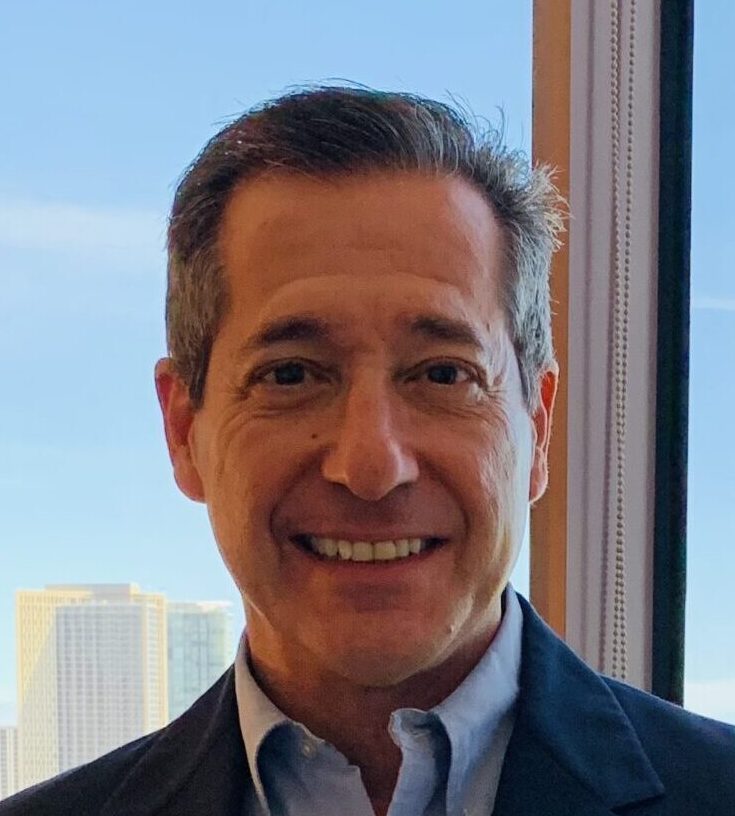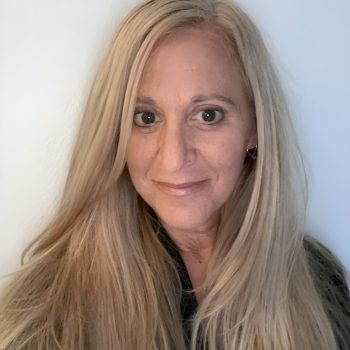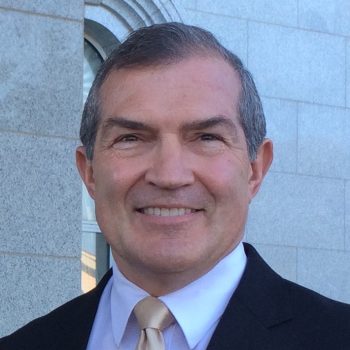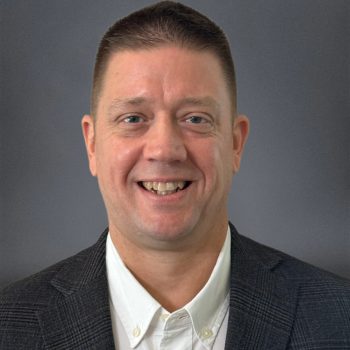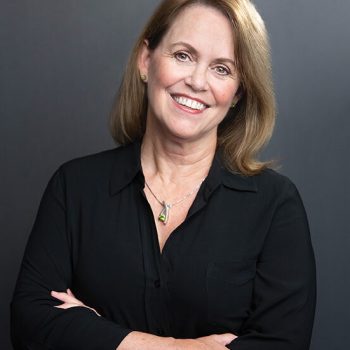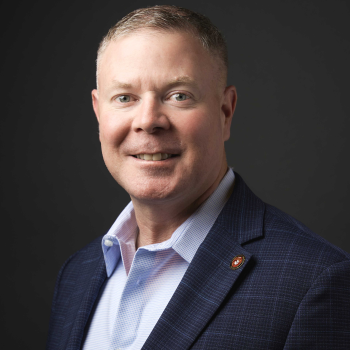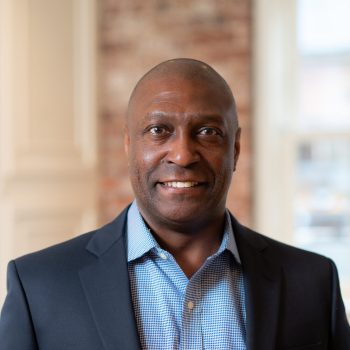Summary: Anthony Spadaro is a retired United States Marine Corps senior noncommissioned officer (Sergeant Major) who retired from the United States Marine Corps in 2020 after a distinguished 35-year military career. During his service, Anthony served at the most senior levels for the Marine Corps and Department of Defense. He culminated his service to our Nation as the Command Senior Enlisted Leader for the U.S. Indo-Pacific Command, the largest geographic combatant command with 380,000 uniformed (Army, Navy, Air Force and Marines), and civilian members along with 36 partner nations. In this role, he provided the commander with the enlisted perspective on theater security cooperation, encouraging peaceful development, responding to contingencies, and deterring aggression throughout the Indo-Asia-Pacific region. Additionally, he was responsible for mentoring senior enlisted leaders at four component commands and coordinating with command joint directorates and senior enlisted members on matters pertaining to the command’s mission, vision, core values, commander’s intent, enlisted utilization, and professional development.
Why would a prospective client want you to be their keynote speaker or to support their speaking event? What are some compelling aspects of your background/career/experience that we should know about?
My message (and definition) concerning accountability: “Can I count on you, can you count me?”
I have found that this message resonates when addressing all aspects of accountability with organizations that are on a path in determining, “buy-in” with employees in their inherent responsibility to their organizations (building leaders of character and consequence). I use the message of the 5 C’s of Great Leaders (that I have observed over the past 35 years of dealing with leaders that were great, good, and not so good).
The 5 C’s that all good leaders exhibit:
- Character – exhibiting unquestionable character and having an ethical base.
- Competence – exhibiting a capacity to learn – to be the eternal student. You have to know your stuff (and be willing to learn new ideas from everyone in your organization).
- Consistency – maintaining a status quo of no bad days. To explain, when you are leading an organization – you should not portray yourself in a negative light. Why? Because your employees will react to you. If you are having a bad day – it is not fair to your employees to bring that weight on them. Yes, we are all human – we all have bad days. But as you ascend to greater positions of responsibility within your organization, you have a moral responsibility to keep your bad days in check.
- Communicator – the ability to read, write and speak effectively to all types of audiences and deliver your message clear, concisely and coherently.
- Compassion – maintain the value of empathetic leadership (hate the sin, love the sinner.
Additionally, I discuss organizational values. My messages for the people in organizations – can your employees recite your company values? Do they intuitively understand the values of the organization (internalized)? Another message I use in discussions – I use the anecdotal story of when President Kennedy visited the newly created Houston Space Center in 1961, (the start of the race to put an American on the moon); President Kennedy queried a janitor he ran into and asked him, “why are you here?” The janitor replied, “I am here to put a Man on the Moon.” (Source: “One Giant Leap,” by Charles Fishman). Now, that is a story that resonates with an employee understanding strategic values!.
Lastly, I love to end discussions with the following discourse: “How do you spell T.I.M.E.?” You spell it, L.O.V.E., when you love something – you give it time.
This is based on 35 years leading diverse organizations and developing the right talent to lead. I recently culminated a 35-year career serving as a United States Marine in every clime and place in both peacetime and combat. I was fortunate to serve as the Command Senior Enlisted Leader for the United States Indo-Pacific Command – the largest geographic combatant command in the world with 380,000 Soldiers, Sailors, Airmen, and Marines along with 36 partner nations.
What are your primary topics/areas of expertise? Some examples may include: Conflict resolution, International Relations, Leadership, Diversity and Inclusion, Cybersecurity, as well as specific countries or geographical regions.
Primary areas of expertise include:
- Strategic Leadership
- Change Leadership
- The power of diversity in an organization
- “WHY” matters in an organization.
Geographically – I am well versed in all matters concerning partners and alliances in the Indo-Pacific. I currently serve on the Board of Directors with a “think tank” based in New Zealand, (Asia Pacific Security Innovation Center of Excellence – APSI-COE); Sustaining relationships between partners and alliances in the Asia-Pacific region through research and training outreach. The APSI COE focuses on security crisis management, and research innovation for maximizing strategic and resilience partnerships. Website: https://www.apsisummit.com/apsi-center-of-excellence/
What are some positions you have held in your career that you would like prospective clients to know about?
Command Senior Enlisted Leader, U.S. Indo-Pacific Command 2016-2020: During his service, Anthony served at the most senior levels for the Marine Corps and Department of Defense. He culminated his service to our Nation as the Command Senior Enlisted Leader for the U.S. Indo-Pacific Command, the largest geographic combatant command with 380,000 uniformed (Army, Navy, Air Force and Marines), and civilian members along with 36 partner nations. In this role, he provided the commander with the enlisted perspective on theater security cooperation, encouraging peaceful development, responding to contingencies, and deterring aggression throughout the Indo-Asia-Pacific region. Additionally, he was responsible for mentoring senior enlisted leaders at four component commands and coordinating with command joint directorates and senior enlisted members on matters pertaining to the command’s mission, vision, core values, commander’s intent, enlisted utilization, and professional development.
Current position of significance:
- Vice President, Director of Development & Special Projects, The Robert Irvine Foundation.
- Military Consultant BeaverFit USA.
- Advisory boards for: the Asia-Pacific Security Innovation Forum (APSI), Emory Healthcare Veterans Program, FourBlock.org, FitOps, the Youth Impact Program, Our Community Salutes, USA and Roberts-Ryan Investments, Inc.
- Vice President for Training, 5th Principle LLC
- Leadership coach with the Resilience Building Leader Program
- Adjunct Faculty member with the Marine Corps University.
- Anthony owns his own consulting firm, Gravitas Leadership Solutions, LLC. He continues to focus his attention on empowering and assisting military members, veterans, and their families.
What are some speaking events you’ve supported recently?
- I was selected in June 2020 to speak with the sales team of NTT Global Data Center. The clients were a sales force of 100+ that wanted a message of positivity during viral times in order to motivate the sales force to remain resilient and engaged during the trying times of the pandemic.
- November 2020 – I was selected to represent the Robert Irvine Foundation and present to the Easterseals of Washington DC/Virginia on: A Candid Conversation: Serving our Military Families – How to Manage Care Giving, Mental Health, and Employment Stress.
- February 2021 – I was selected to represent the Robert Irvine Foundation to sit on a panel an discuss the newly released movie, “Cherry,” by the Russo Brothers. The panel discussion concerned, my expertise to explore the many ways in which the film addresses the issues some veterans face when they return home, including social isolation, substance use, PTSD, and trauma. The panel focused on solutions for ensuring all veterans receive the treatment and benefits they have earned. The goal was to provide resources to panel attendees and for them to walk away feeling there is hope and help.
Do you have any articles or publications? Have you been featured in any? If so, what were they?
- Beyond The Uniform: https://beyondtheuniform.org/blog/btu-374-a-case-study-in-curiosity-with-anthony-spadaro
- The Field Grade Leader Podcast: Distributed Leader Professional Development with Coach Anthony Spadaro https://www.youtube.com/watch?v=IG74OGs4hMI

